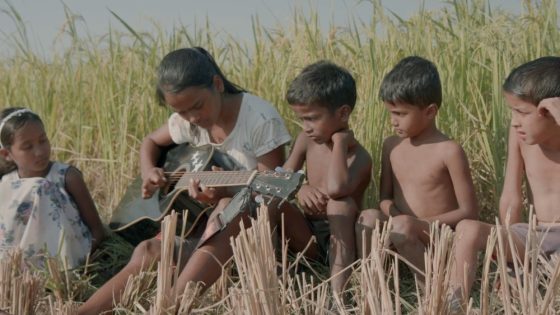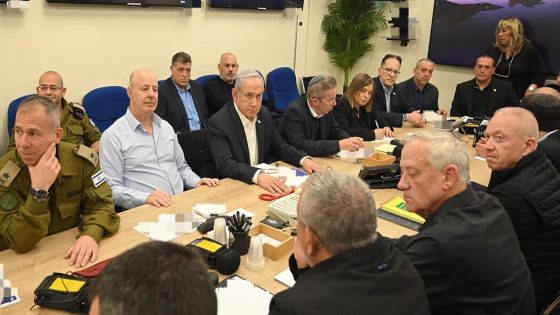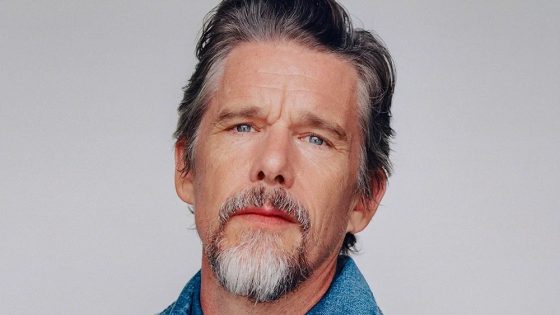Indian filmmaker Rima Das returns to the Busan International Film Festival with the world premiere of “Village Rockstars 2,” a highly anticipated follow-up to her 2017 festival darling. The film is vying for Busan’s prestigious Jiseok award.
The original “Village Rockstars” captivated audiences with its tale of 10-year-old Dhunu’s quest to own a guitar and form a rock band in her remote Assamese village. It played at Toronto and San Sebastian and won the best film prize at India’s National Film Awards. Other accolades included those at the Cairo and Mumbai festivals. It was India’s entry for the Oscars.
The sequel, which fast-forwards seven years from the original, finds teenage Dhunu at a crossroads between her childhood dreams and the harsh realities of adulthood. Das recalls the moment that sparked the sequel: “The final scene of ‘Village Rockstars’ stayed with me – Dhunu in a field at a beautiful sunset, playing the guitar for the first time. It was magical.”
This enduring image, coupled with thoughts about Dhunu’s future, led Das to begin filming “Village Rockstars 2” in 2020. “That moment made me think of so many others with dreams but limited means,” Das explains. “While a few find success, countless talents remain unseen, their stories untold.”
While the original captured the innocence of childhood, the follow-up strikes a more somber chord. “The sequel portrays the harsh realities of growing up, where life’s circumstances force you to mature quickly,” Das says. She draws on her own experiences to illustrate this shift in perspective: “I remember as a kid, even during floods, we would happily play in the water, building rafts from banana trees, unaware of the gravity of the situation. In the first film, Dhunu saw the world with that same childlike innocence.”
Das’s approach to filmmaking remains deeply personal and instinctive. “Stories often come to me spontaneously, sometimes in a spiritual way, and other times shaped by my life experiences and observations,” she reveals. “When I feel a strong urge to tell a story, I instinctively begin to manifest it and bring it to the screen.”
Staying true to her guerrilla filmmaking roots, Das once again wears multiple hats – writer, director, producer, cinematographer and editor. “It gives me the freedom of time and space to create in solitude, allowing me to spend more time with the characters and nature, developing the story naturally and capturing subtle details,” she says.
This one-woman-crew approach comes with its challenges, but also allows for a unique creative process. Das recounts the unpredictable nature of her work: “There are times we have to wait for days, sometimes weeks, just to catch the perfect sky or sunset. If it rains or a storm rolls in, I might have to jump out of bed, grab my equipment, and drive myself to the location, calling the actors on the way to get ready.”
The filmmaker’s dedication to capturing authentic moments is evident in her description of the process: “Sometimes, by the time I reach the spot, the moment is already gone, and I return home empty-handed. It’s an exciting and challenging process. Even when you catch the perfect moment, it doesn’t last long. It requires a lot of hard work and patience, but when everything comes together, you witness the magic and feel truly blessed.”
Financing remains a hurdle for independent films in India, but Das is expanding her horizons. “Village Rockstars 2” is produced through her company Flying River Films, with Fran Borgia’s Singapore-based Akanga Film Asia as co-producer. “We need sustainable, collaborative efforts to truly build the indie film ecosystem,” Das says.
She acknowledges the complexity of the Indian market: “India is a vast and complex market with many languages, making it challenging to navigate. Some independent filmmakers across the country have succeeded in securing funding and expanding the reach of their films, giving them wider distribution. But we need to figure out how to reach the right audiences and also cultivate a new audience for our kind of cinema. It takes consistent effort to see lasting results.”
Following “Village Rockstars’” successful Indian theatrical run, Das has similar ambitions for the sequel. “We are eager to make ‘Village Rockstars 2’ reach a wider audience. A theatrical release in India is definitely part of our plan,” she confirms. “We are working to build more support to position the film effectively.”
Looking ahead, Das is diversifying her slate. Projects in development include a Mumbai-set couples drama, a folk horror film, and “Malati My Love,” which participated at last year’s Asian Project Market in Busan and, separately, nabbed the MPA APSA Academy Film Fund. “I’m currently developing a few films. Some will require a full crew, while others are better suited for a smaller independent setup,” she says. “I’m eager to explore new and exciting themes and genres to keep my creativity flowing with fresh ideas and images.”
As she pushes into new territory, Das remains committed to her distinctive voice and approach to filmmaking. “I don’t think much when it comes to cinema. I simply love using this art form to express myself,” she concludes.
Source Agencies



